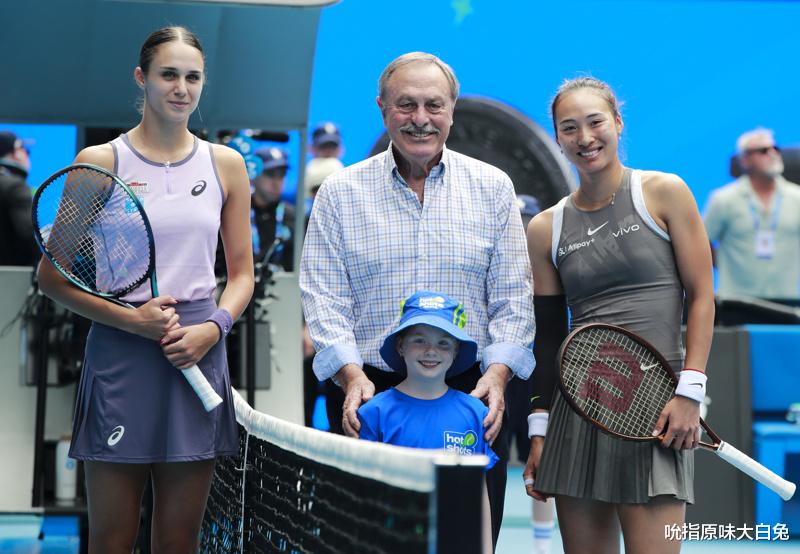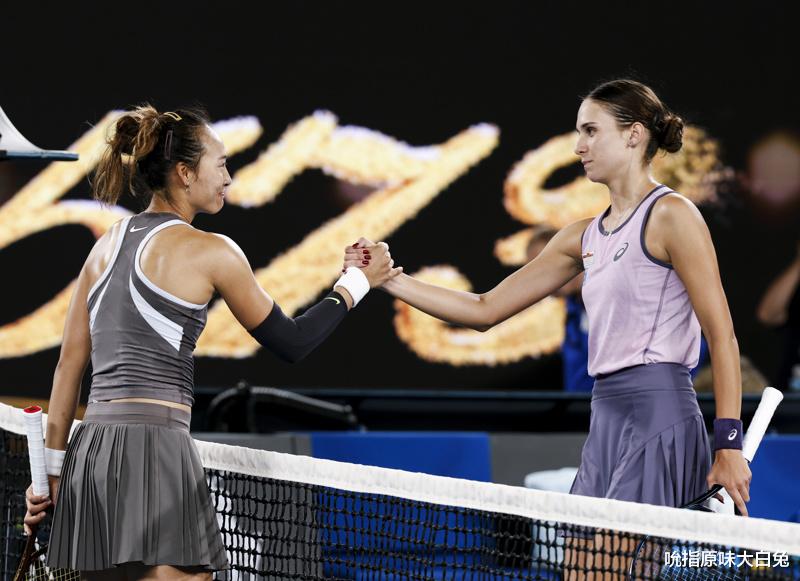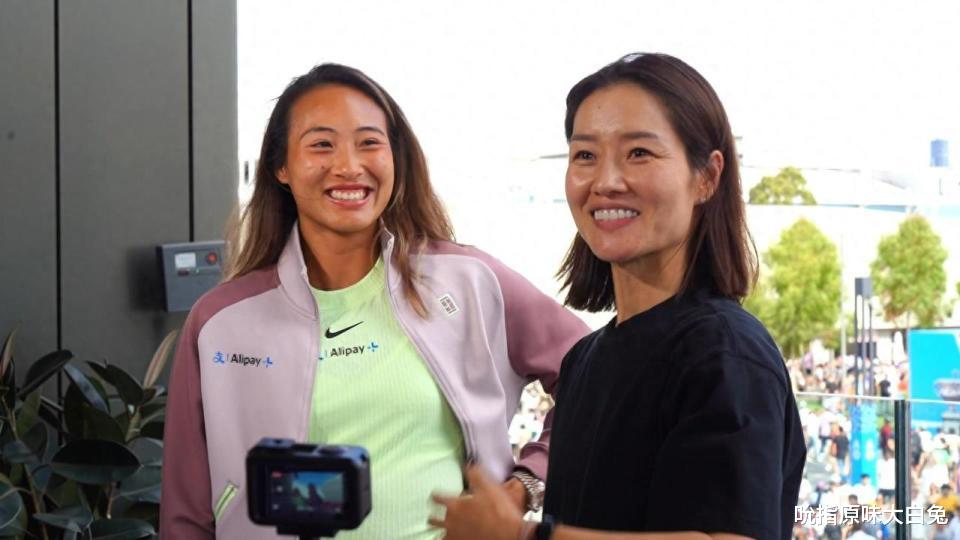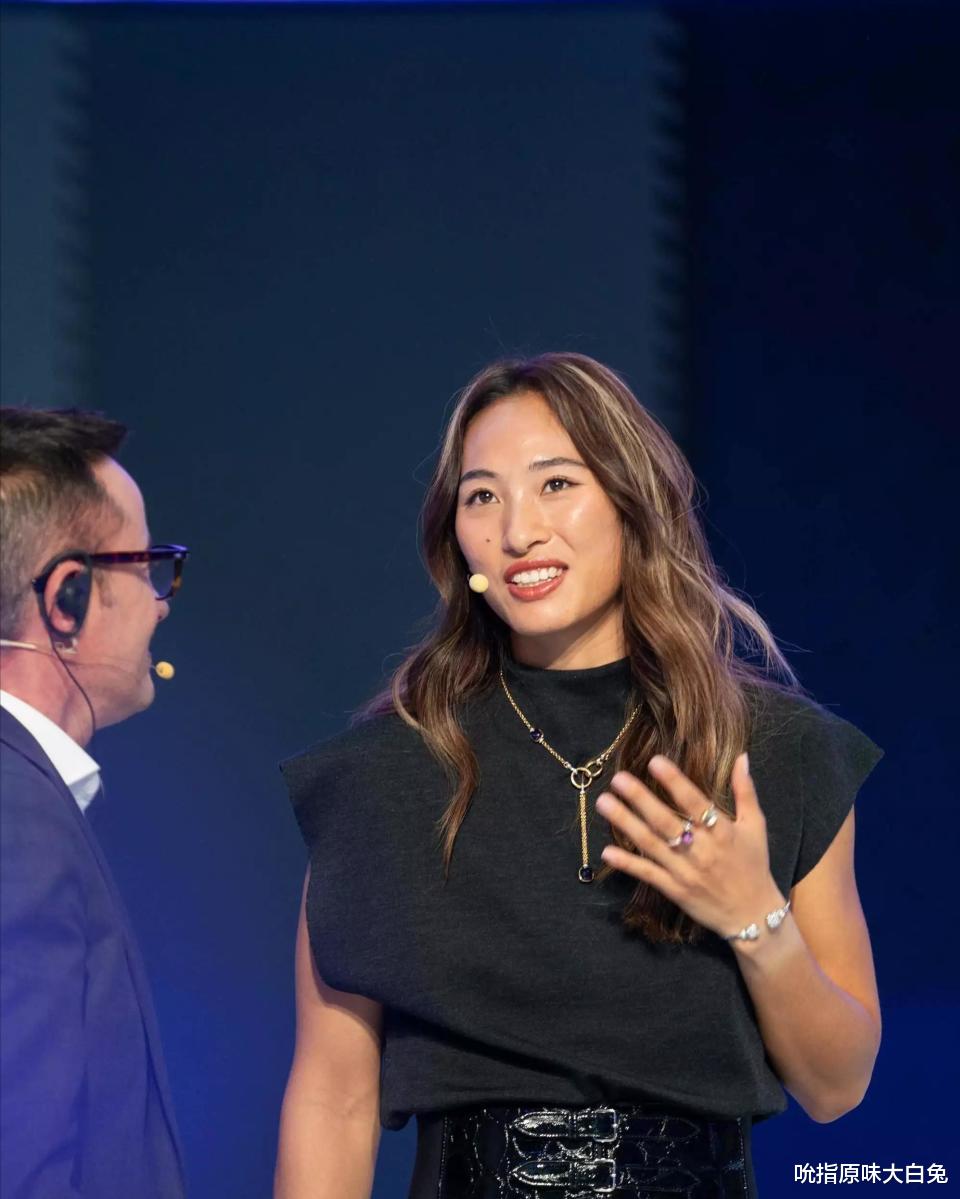Melbourne's Rod Laver Arena saw Zheng Qinwen secure a 2-0 victory over Toudoni, marking a successful start to her campaign. The opening match at the Australian Open's center court is an honor that even Grand Slam champion Li Na never achieved. So, why has Zheng Qinwen, who has yet to win a Grand Slam title, been bestowed with the privilege of playing in the opening match?

The answer lies in Zheng Qinwen's status as the "spokesperson for the Chinese market." Prior to the Australian Open, she participated in a countdown ceremony alongside Craig Tiley, the tournament director. Zheng Qinwen represents the remarkable achievements of Chinese athletes on the international stage. Her presence has also significantly bolstered the support from Chinese sponsors, who have engaged in various forms of collaboration with the Australian Open. Consequently, the decision to have Zheng Qinwen play in the opening match holds considerable significance.

During Li Na's time, athlete commercial promotion was not as sophisticated as it is today. Moreover, Zheng Qinwen is an Olympic champion, and while she has not yet clinched a Grand Slam title, the Olympics hold immense value in their own right. Li Na was a pioneer for professional tennis in China, single-handedly elevating Chinese tennis to Grand Slam championship levels. Her fiery and straightforward temperament may have alienated some people, who intentionally created misunderstandings to pit Li Na against her fans. Nonetheless, Li Na remains a trailblazer for professional tennis in China.

Zheng Qinwen aspires to surpass Li Na's achievements. During Li Na's era, the women's tennis field was highly competitive, featuring formidable opponents like Kim Clijsters, Justine Henin, Serena Williams, and Maria Sharapova. Additionally, when Li Na began her career, Chinese tennis was still in its infancy, and the Chinese market was virtually non-existent. Comparisons between different eras are somewhat limited, as contemporary women's tennis has become more masculine, with greater power and speed. Both Li Na and Zheng Qinwen are exceptional in their own ways, demonstrating philanthropy (through substantial donations) and making significant contributions to the development of Chinese tennis.

According to Spanish media outlet Marca, Zheng Qinwen has become the highest-paid female athlete globally, boasting 14 endorsements and earning $30 million off-court. Her record-breaking income is attributed to the massive Chinese market she represents. Even without a Grand Slam title, her Olympic gold medal already carries tremendous value. Professional sports should see more such examples, serving as role models to inspire others to take up the sport. Tennis has a strong influence and commercial appeal; top female athletes earn more than most male footballers in the top five leagues. Once Zheng Qinwen secures a Grand Slam title, she will truly be considered a chosen one, and her commercial potential has yet to be fully unleashed.

Currently, compared to Li Na, Zheng Qinwen appears to possess greater approachability and social responsibility, which could be the primary reason for her selection. It is hoped that she maintains this trajectory. The participation of numerous outstanding Chinese athletes in the Australian Open is largely due to Zheng Qinwen's influence. There is no denying that her intelligence, emotional quotient, passion, and tennis prowess make her a fitting leader for the new era.